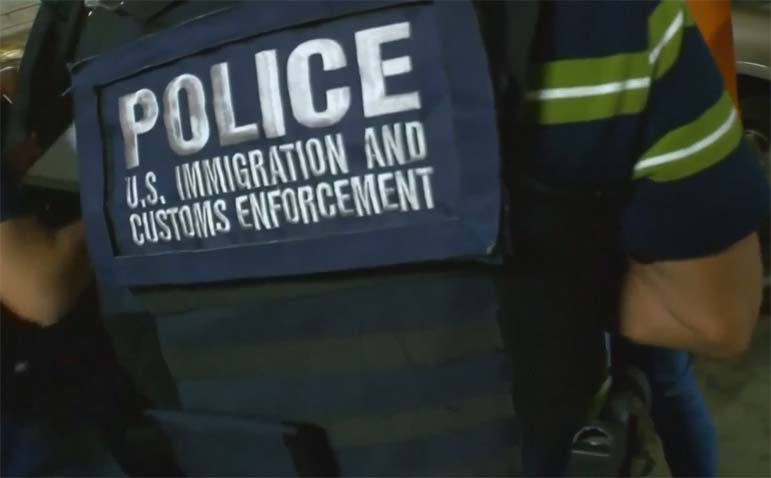
"Our institutions right now are struggling to figure out what the fall is going to look like, how best to serve their students, while keeping everybody safe," said Sarah Spreitzer, director of government relations for the American Council on Education. "This is just going to make things more complicated. "
When universities rapidly shut down this spring in response to the coronavirus pandemic - many in response to governors' orders - federal agencies granted flexibility to existing requirements that international students must take classes in person. The major associations of universities had asked federal officials to extend that flexibility into the fall, as the continued spread of the disease has led many schools to offer classes online only in an effort to prevent further spread of the disease.
On Monday, the federal Student and Exchange Visitor Program announced, "The U.S. Department of State will not issue visas to students enrolled in schools and/or programs that are fully online for the fall semester nor will U.S. Customs and Border Protection permit these students to enter the United States."
"Active students currently in the United States enrolled in such programs must depart the country or take other measures, such as transferring to a school with in-person instruction to remain in lawful status," the announcement said. "If not, they may face immigration consequences including, but not limited to, the initiation of removal proceedings. "
A spokesman for U.S. Immigration and Customs Enforcement did not immediately respond Monday to messages seeking comment.
An outpouring of questions and concerns followed the announcement, with one expert describing blindsided university officials holding emergency conference calls, contacting her on social media and even her son's email address as they frantically sought answers.
They are trying to figure out the impact it might have "in real time," said Lizbet Boroughs, associate vice president of federal affairs at the Association of American Universities, which represents 63 leading research universities in the United States, "because many of our universities are starting in four to five weeks." Many campuses moved up the start of the fall semester in response to the pandemic.
University leaders have many questions, including what this might mean for graduate students, several people said. Boroughs also noted tweets from students alarmed about the decision.
"If their labs close and they're not able to work full-time on dissertation research . . . do they have to leave the country?" Boroughs asked. "We know there are many PhD candidates who are involved in critical research to respond to this covid pandemic. "
Monday's announcement requires universities to certify by July 15 whether they will be fully open, operate on a hybrid model or offer online-only classes.
"What is just, to me, absolutely staggering is we have been asking for this guidance since April," Boroughs said. Now universities have "nine days to respond. There's just tremendous concern about trying to protect current students who are members of their communities, and their educational investment."
Spreitzer said it appeared that schools that jumped to online-only courses in the fall because of a surge in infections would put their international students in jeopardy. She wondered whether the announcement would lead schools to alter their plans.
The University of Southern California dramatically revised its fall semester plans last week amid an "alarming spike" in cases in the region and intensified restrictions from the governor, recommending undergraduates take all classes online and reconsider living on or near campus. A university spokesman did not immediately respond to a request for comment Monday.
Boroughs said she wondered about the impact on international students enrolled in the California State University System, which had announced that classes would be held online this fall for safety reasons. Would they have to leave the country, she asked, and if so, how would they do so with few international flights and with closed borders. Toni Molle, a spokeswoman, said the California State University System is reviewing the policy.
A spokeswoman for the Institute of International Education did not immediately respond to a request for comment.
Ted Mitchell, the president of the American Council on Education, called the guidelines horrifying, saying they raised more questions than they answered and did more harm than good. "Iron-clad federal rules are not the answer at this time of great uncertainty," he said in a statement.
"The guidance is unworkable and deeply harmful," said Craig Lindwarm, vice president of governmental affairs for the Association of Public and Land-grant Universities. He was concerned not just for the short-term impact of the announcement but for the message it would send long-term about the contributions international students make to the United States.
"There is a global competition for the best and brightest students, and the United States continues to lose ground in this competition." One reason for that, he said, is the policy and messaging of the federal government. "That needs to be addressed."
(COMMENT, BELOW)


 Contact The Editor
Contact The Editor
 Articles By This Author
Articles By This Author